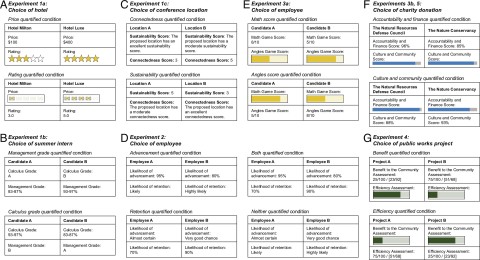
One facet of digital transformation that is currently under intense discussion is the utility of citizen development technologies such as low-code, no-code, RPA, etc. The argument against using these technologies is that these tools and products lack the industrial strength of other technologies. The best way to automate is not to use these easy-to-use technologies or at best use them in a transitional fashion. We find this argument reminiscent of the early days when advocates of low level languages, like assembler, dismissed the high level languages, like COBOL, as inefficient and not suited for high volume work. All of us from that era knew how that worked out – improved compute performance and the ease-of-use of high level languages led to the first digital transformation across industries. The focus of the current arguments are misplaced. Firms should employ technologies that are fit for purpose. Citizen developed solutions may be the perfect solutions in a variety of situations. The important decision has always been to determine the needs and map those needs against the near-term and long-term use of any technology. If it works today, but does not scale – and scale is a requirement, that is a problem. If the solution adds unacceptable complexity or severe maintenance risks, that is also a problem. If the technology will not deliver results to market-based timelines, you may not be using the correct technology solution. If the technology does not have the required flexibility, that is a problem. This all boils down to making informed decisions when deploying technology. There’s nothing new here. It’s also important to note that in some cases not using technology at all is the right course of action!



